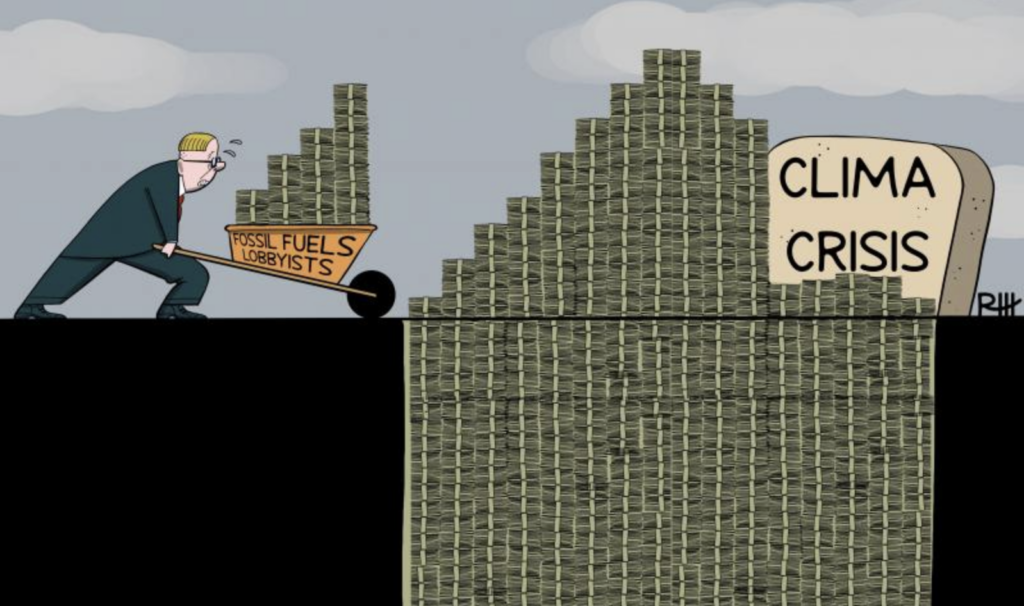A leaked Canadian document entitled Canadian Principles for a post-2012 Climate Change Agreement (attached) show that Canada is being anything but principled approach in its Bali negotiations.
Some of the policy non-starters already reported include calling for a target date no sooner than 2050 (every responsible nation is aiming for 2020) and insisting that developing nations submit to binding emission limits immediately (notwithstanding Canada’s refusal even to keep the “binding” commitments it accepted a decade ago).
But if you read deeper into the document, you find ample proof that Canadian negotiators just don’t get it. For example, article #8 states:
The agreement should include a mechanism to provide credits for reduced emissions through reductions in deforestation, as more than 20% of global emissions result from deforestation.
Read that carefully and you can see that Canada is seeking CREDITS for doing nothing. Really, that’s what “reductions in deforestation” means: cutting fewer trees. While China is struggling to RE-forest its landscape as a way to improve its greenhouse gas performance, Canada wants to tally up all the standing trees in its vast territories and count those as a national credit, leaving more room for the energy majors to spew new GHGs into the atmosphere from the Canadian tar sands.
International negotiators were complaining about this Canadian hypocrisy a decade ago. Yet, it still features as a bedrock item in the national negotiating position.
This is very like the U.S. and Canadian plans to set “energy intensity” targets. They want to keep increasing total GHG output, and they want to be congratulated for it.
Travellers around the world are, even now, peeling the Canadian flags off their backpacks.
Subscribe to our newsletter
Stay up to date with DeSmog news and alerts







